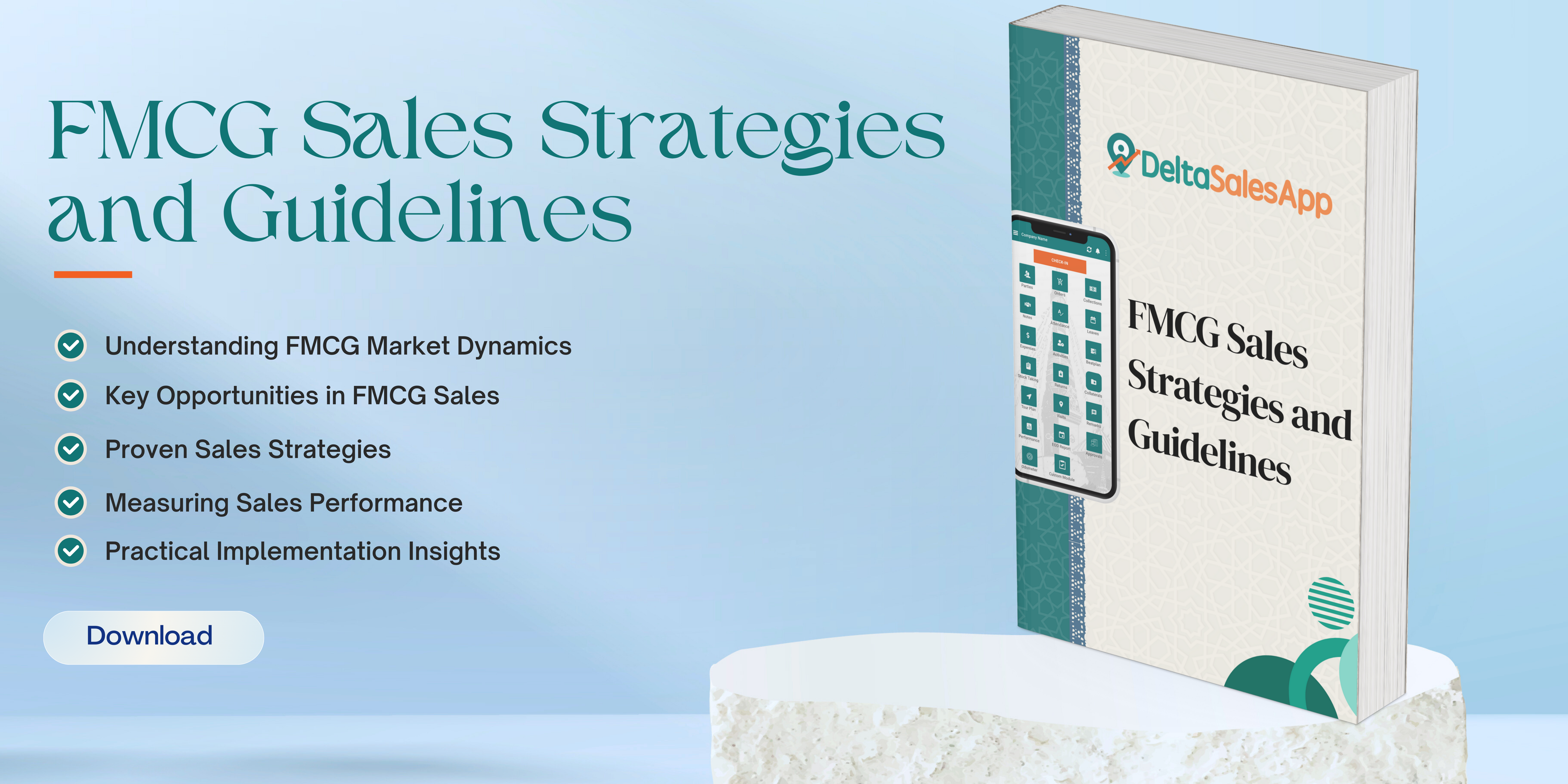Credit Period
What is the credit period ?
The credit period is a crucial financial concept that plays a significant role in business transactions. It refers to the time frame within which a buyer must make payment to a seller after purchasing goods or services on credit. The duration of the credit period varies across industries and depends on several factors, including market competition, business relationships, and financial policies. A well-defined credit period benefits both buyers and sellers by enabling smooth business operations and financial planning.
Factors Influencing Credit Period
Several factors determine the length of the credit period granted by a seller to a buyer. These include:
Industry Norms: Different industries have varying standard credit periods. For example, the manufacturing sector often offers longer credit terms compared to retail businesses.
Buyer’s Creditworthiness: Companies assess the financial stability and payment history of buyers before granting credit. A buyer with a strong credit history may receive extended payment terms.
Market Competition: Businesses may offer longer credit periods to attract and retain customers, especially in highly competitive markets.
Economic Conditions: In times of economic downturn, sellers may shorten credit periods to maintain liquidity, while in a booming economy, they may extend them to encourage more sales.
Supplier-Buyer Relationship: Long-term and trustworthy relationships between suppliers and buyers can lead to favorable credit terms.
Company Policies: Internal financial policies and risk management strategies also dictate credit periods.
Advantages of Credit Period
For both buyers and sellers, an optimal credit period provides various advantages:
For Buyers:
Allows businesses to manage cash flow efficiently by delaying payments while utilizing goods or services.
Provides an opportunity to generate revenue from goods before making payments.
Enhances financial flexibility, reducing the need for immediate capital outlay.
For Sellers:
Increases sales volume by attracting customers who prefer deferred payments.
Builds strong relationships with buyers, leading to long-term business partnerships.
Helps in competitive positioning, especially in markets where extended credit terms are common.
Challenges Associated with Credit Period
While credit periods offer benefits, they also present challenges:
Risk of Bad Debts: Some buyers may fail to make payments within the agreed period, leading to financial losses.
Reduced Cash Flow: Extending credit ties up working capital, affecting liquidity.
Administrative Costs: Monitoring receivables and following up on payments require additional resources.
Interest Costs: Delayed payments may lead to increased borrowing costs for the seller.
Managing Credit Period Effectively
To mitigate risks and optimize the benefits of credit periods, businesses can adopt several strategies:
Credit Assessment: Conducting credit checks before granting credit helps minimize the risk of defaults.
Clear Credit Terms: Establishing well-defined credit policies and communicating them to buyers ensures transparency.
Incentives for Early Payments: Offering discounts for prompt payments can encourage buyers to settle dues faster.
Efficient Collection Practices: Regular follow-ups and automated reminders help in timely collections.
Factoring and Invoice Discounting: These financial services allow businesses to receive immediate cash by selling receivables at a discount.
Conclusion
The credit period is a vital aspect of business transactions, balancing the interests of both buyers and sellers. While it facilitates economic activities by enabling deferred payments, it also requires careful management to prevent financial risks. Businesses must evaluate industry standards, buyer reliability, and internal financial policies to determine optimal credit terms. By implementing effective credit management strategies, companies can enhance liquidity, reduce risks, and foster sustainable growth.






